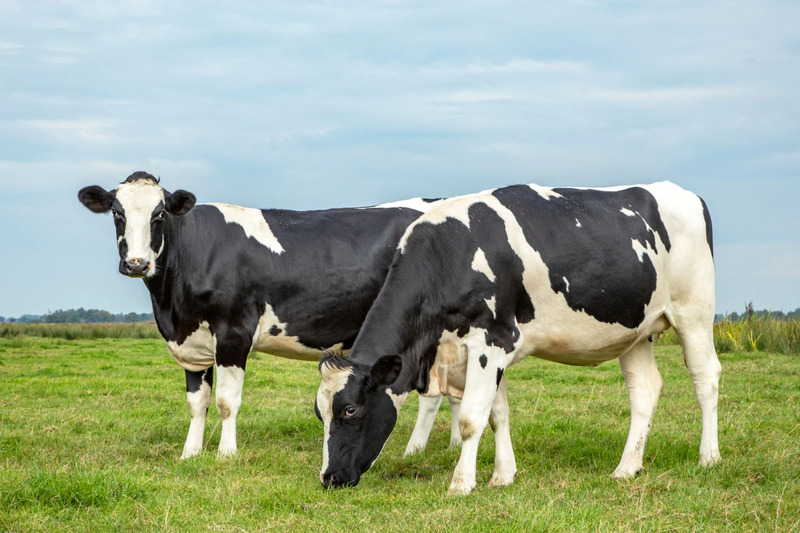A total of 50 pregnant dairy cows from Australia have arrived in Indonesia as part of an effort to support the Free Nutritious Meals and milk-drinking programme promoted by the government.
The Friesian Holstein (FH) cows landed at the Soekarno-Hatta International Airport, Tangerang, on Wednesday, the 4th of December.
The Director General of Animal Husbandry and Animal Health at the Ministry of Agriculture of the Republic of Indonesia, Agung Suganda, stated that this import marks the initial step in the government’s plan to import up to two million beef and dairy cattle over the next five years from countries such as Australia, New Zealand, and Brazil. The aim is to provide 4.1 million tonnes of milk annually to support nutrition initiatives, including free meals for children and expectant mothers.
“The presence of these pregnant dairy cows is expected to support the free nutritious meals and milk-drinking programme promoted by the government,” underscored Suganda.
He also explained that the cows are already pregnant, with gestation periods ranging from three to seven months. As a result, they are expected to produce calves and begin milk production by mid-next year.
After arriving in Jakarta, the cows were transported by truck across Java and then barged to Sumatra, where they were placed in CPC’s feedlot in Lampung. CDC stands for Consolidated Pastoral Company: one of the biggest cattle companies in northern Australia with feedlots in Indonesia.
“[The cows] were unloaded last night and given their foot and mouth disease and lumpy skin disease vaccinations,” said CPC chief executive Troy Setter, who also added that, depending on production levels, the cows would be milked on-site two to three times a day.
CPC, in partnership with its Indonesian joint venture PT Juang Jaya Abdi Alam (JJAA), currently operates two feedlots in Sumatra: one in Lampung and another in Medan. The company plans to collaborate with the Indonesian government to determine whether the milk will be pasteurised or processed into Ultra High Temperature (UHT) on-site, or sent to centralised “kitchens” for further processing.
Regarding the joint venture, Suganda remarked, “The arrival of these pregnant dairy cows is a manifestation of the private sector’s tangible commitment to accelerating investment in Indonesia.”
Suganda also noted that 56 partner companies have already committed to importing dairy cows to Indonesia.
“The government must encourage partners not to solely focus on importing dairy products. When we import cows, the benefits are enjoyed by livestock farmers and the public,” he concluded.




